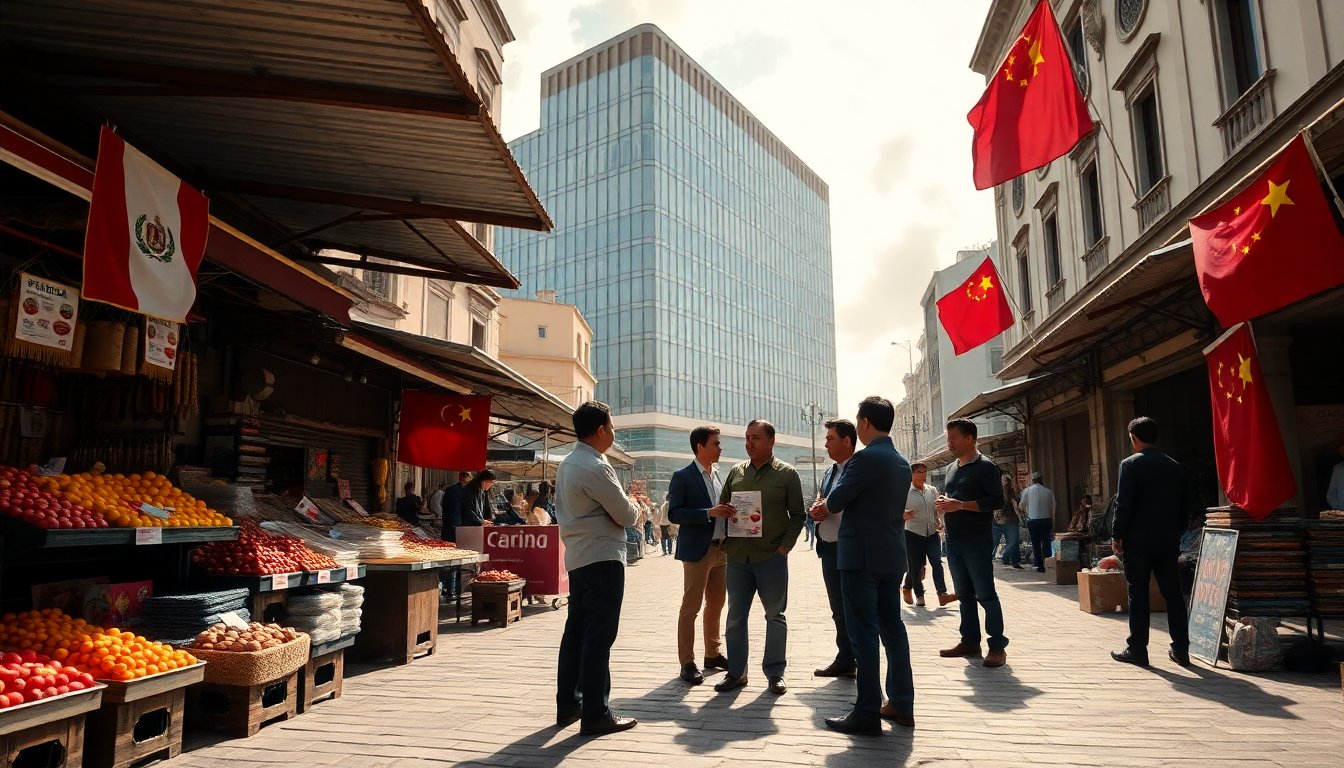Table of Contents
In the heart of Latin America, Peru is emerging as a crucial player in international investments. The country has gained attention due to its significant ties with Chinese investors, particularly through the Belt and Road Initiative. This strategic relationship raises concerns about the influence of foreign powers in a region traditionally seen as within the United States’ sphere of influence.
Political turbulence is currently unfolding in Peru, with José Jerí assuming the role of interim president. This leadership change occurs against the backdrop of an upcoming general election, heightening concerns about external pressures that could impact the political transition.
The facts
Peru ranks as the second-largest recipient of Chinese investment in Latin America and is China’s fourth-largest trading partner in the region. This evolving economic relationship signals a shift in Peru’s focus toward Asia, particularly to a nation that has rapidly expanded its presence in global markets.
The surge of Chinese capital has led to significant changes across various sectors in Peru, contributing to infrastructure development and economic growth. Investments associated with the Belt and Road Initiative offer vital funding but also prompt questions about national sovereignty and dependence on foreign powers.
Political implications of foreign investment
The changing political landscape raises concerns that the United States may seek to exert its influence in Peru. Historically, Latin America has been a contested region for these two global powers, and the current situation may provide Washington with an opportunity to reestablish its presence.
As developments unfold, the U.S. may attempt to strengthen its ties with Peru, aiming to counterbalance the increasing Chinese influence. This potential competition could have lasting implications for the region’s diplomatic and economic future.
Challenges facing Peru’s interim leadership
The appointment of José Jerí as interim president is a temporary measure designed to guide Peru through this challenging period. His leadership will be critical in maintaining stability and creating an environment attractive to ongoing investment, particularly from China. However, he faces substantial challenges, balancing domestic pressures with external expectations.
During this interim phase, it is vital for Jerí to assure investors and the public that Peru remains a favorable destination for foreign capital. Developing a cohesive strategy that aligns economic needs with political integrity will be essential for his administration.
Future outlook for Peru and its investors
The future of Peru’s relationships with both Chinese and American investors will largely depend on how effectively the interim government manages these complex dynamics. A stable political environment is crucial for sustaining investment flows, which are essential for economic development.
As Peru navigates this turbulent period, the influence of foreign powers will significantly shape its future. The interplay between Chinese investments and U.S. interests will continue to be a determining factor in how Peru positions itself on the global stage.


